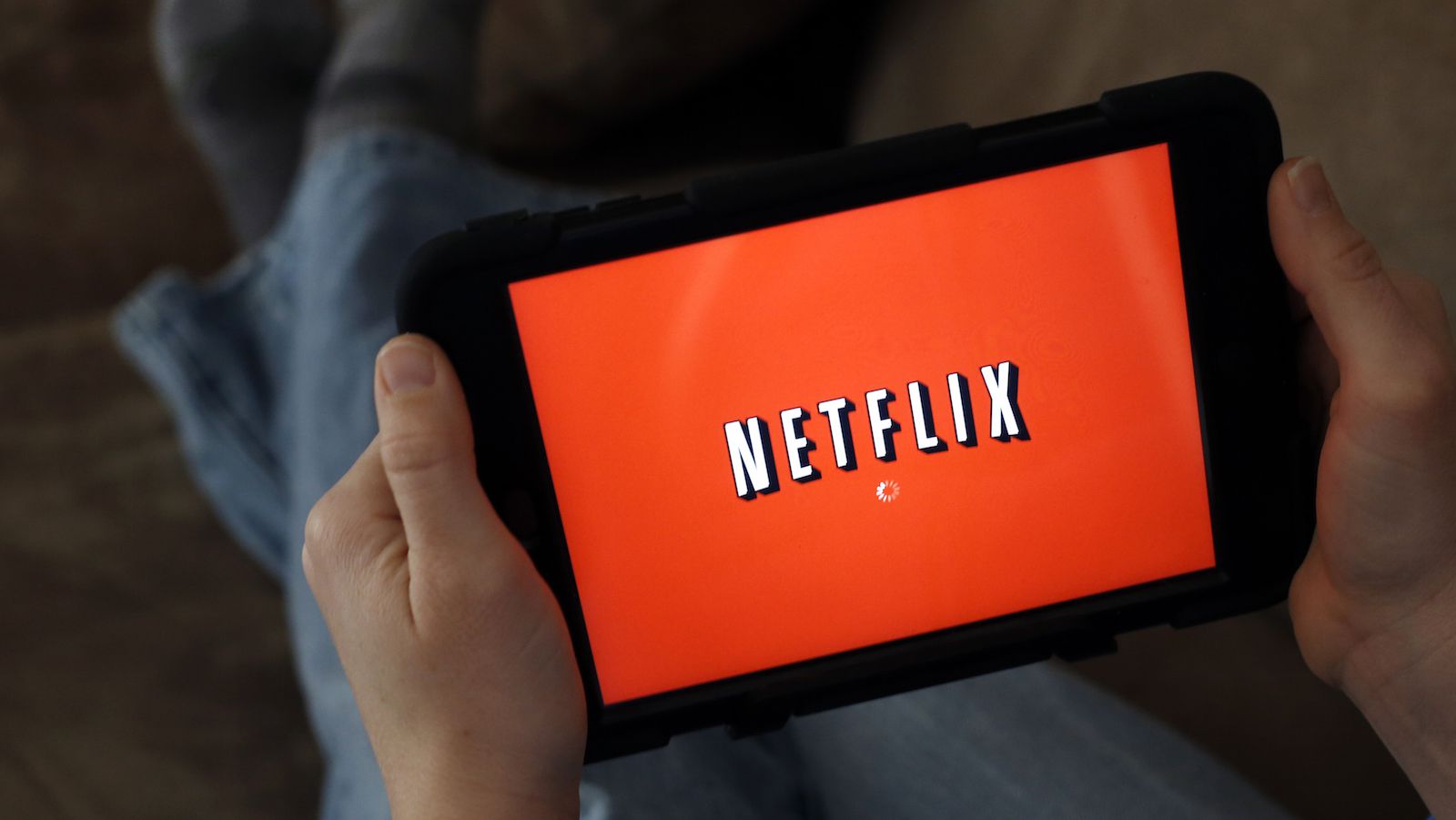Netflix saves us from watching six full days worth of TV commercials a year
One of the perks of Netflix is being able to binge-watch shows and movies without advertisements. But no one has really put a value on the time viewers are saving, until now.


One of the perks of Netflix is being able to binge-watch shows and movies without advertisements. But no one has really put a value on the time viewers are saving, until now.
Streaming blog Cordcutting.com calculated roughly how many hours of commercial time viewers are avoiding by watching Netflix instead of cable TV.
Based on the 125 million hours of programming a day that Netflix said its 75 million members were watching, as of January 2016, the publication determined that the typical subscriber watches about 1.67 hours of ad-free programming each day. An average hour of cable TV includes 15 minutes and 38 seconds, or 938 seconds, of commercials, according to Nielsen (pdf). Multiplied by 1.67 repeating hours of viewing, that comes out to 1563.3 repeating seconds of commercials per day, or 158.5 hours per year.
Netflix’s subscriber base has grown a bit since January, to 81 million. So it’s more like 147 hours a year now. That’s more than six full days a year.
These numbers are staggering, but there are a few caveats.
Netflix’s viewership and subscriber figures are for members around the world. (The service was in 60 countries to start the year, and is now in 190.) Meanwhile, Nielsen’s average ad estimate only accounts for cable TV in the US. The amount of ads per hour might be higher or lower in other parts of the world. And network TV channels like ABC, CBS, and NBC air fewer commercials—around 14 minutes an hour.
Netflix also steals time away from other forms entertainment that have fewer or no ads, like DVR or on-demand viewing, premium viewing like on HBO or Showtime, video games, books, and movies.
So the estimate only applies under the assumption that one hour of Netflix streaming around the world is equal to one hour of US cable-TV viewing.
But you can start to see why cable providers, networks, and advertisers are so rattled by the rise of streaming-video platforms. These calculations only cover Netflix. If we consider subscribers to ad-free platforms like Hulu, Amazon, and YouTube, the volume of ads consumers are now missing out would be even greater.
And, as always, viewers can avoid commercials by just turning off the TV. But, why would anyone do that?